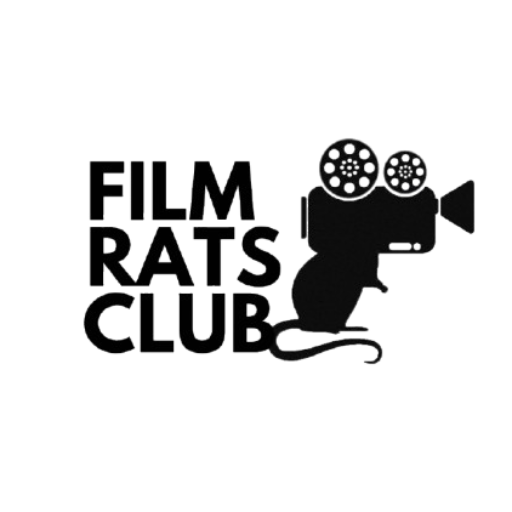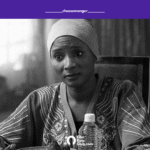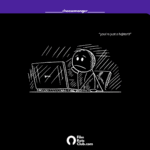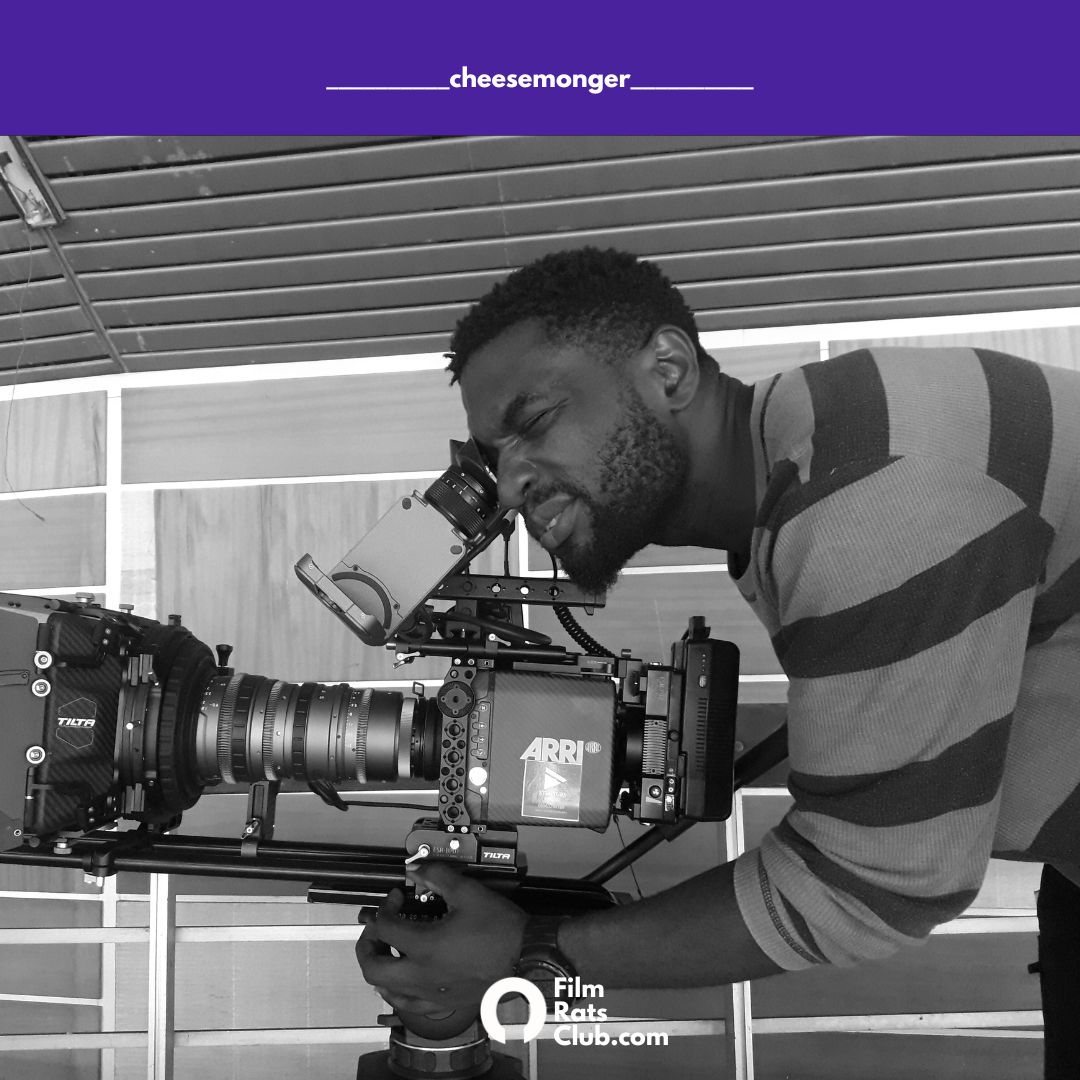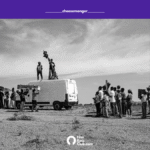Film festivals are rich in cultural, philosophical, and ethical diversity. In Africa, there are several notable film festivals: prestigious biannual Pan African Film and Television Festival of Ouagadougou (FESPACO) in Burkina Faso, Zanzibar International Film Festival in Tanzania, The annual Durban International Film Festival in South Africa and The Nairobi Film Festival (NBO), with a special focus on screening exceptional films from around the world that are rarely presented in Nairobi’s mainstream cinema and spotlighting the best Kenyan films. In Nigeria, one of the earliest film festivals would be the Zuma Film Festival which began as the Nigerian National Film Festival in 1992. It is organized by The Nigerian Film Corporation (NFC), a parastatal under the Federal Ministry of Information & Culture. Zuma Film Festival aside, there’s The International Forum on Cinema, Motion Picture and Video in Africa organized by the Independent Television Producers Association of Nigeria (ITPAN) which only survived from 2001 to 2006. The famed Africa International Film Festival (AFRIFF) was created in 2010 by Chioma Ude; Eko International Film Festival (2009) by Hope Obioma Opara, Abuja International Film Festival (2004) by Fidelis Duker, IREP (2015) headed by Femi Odugbemi, RealTime Film Festival (2016) founded by Stanlee Ohikhuare, Surreal16 Film Festival (2021) by the Surreal16 collective, are amongst the long list of film festivals in the country. The major connecting element amongst these film festivals is that they are first and foremost platforms for film exhibition. Film Festivals in general are designed to attract audiences both home and abroad. The many Nigerian festivals outside film are culturally significant to each region, often a total theatrical experience, of music, dance, and spectacle, and in the cultural context, Nigerian film festivals are allowed to absorb and integrate these forms into the core of their festival in whatever manner they choose. Film festivals can decide to operate on a nonprofit or for-profit-based model but with a combination of ticket sales, membership fees, and corporate sponsorship as the major sources of revenue. The beauty of film festivals is the variety of their model and content, from indoor to outdoor screenings, to genre-specific curations, to the pleasure of experiencing diverse ideologies and personalities. The advent of The Annual Film Mischief in 2022 by the Film Rats Club; a growing film community sprouting from Nigeria gave itself a task to create a film festival to spotlight the best and brightest of the future of African cinema with unique narratives and styles. Borrowing the slogan “the light of art to shine over the world of commerce,” declared by the International Exhibition of Cinematographic Art in August 1932 (regarded as the first true film festival established by Italian dictator Benito Mussolini’s enthusiasm for motion pictures as a tool for political public relations and propaganda.). TAFM presents itself as a prestigious festival for the artistic underdogs and the festival has seen storytellers like Owen Olowu, Ebuka Njoku, Moses Ipadeola, Allen Onyige, Khagho Idhebor, Seun Afolabi, amongst others who are creating new narratives. The Annual Film Mischief (TAFM) which had its first outing in March 2022 is pitching its place as a hybrid festival with onsite and online exhibition and programming. By March 2022, it made history by running its festival in two cities (Lagos & Ibadan) simultaneously, adopting a daring approach that questioned its sustainability. A year later the festival dreamed bigger with its Pan-African vision. Adopting a newer approach, with screens in Accra and Abuja, the festival took place in these cities, each curating its film selection from the 22 official selections. TAFM 2022 attendees and some TAFM volunteers How has this young team been able to organize a festival across states and two countries? “I suppose it all comes down to goodwill as the active ingredient in collaboration. As there was no payroll, everyone had to call on a “guy who knows a guy” and many of them came through thankfully. It’s about venturing into the deep and learning the hard mistakes. Uche Chika Elumelu – TAFM 2023 festival director The festival was modeling itself after itself, of course upon a global cue. The Film Rats Club had designed a cluster model where each region had its little community managed by members of the cluster. This model was effective in setting up screens in Abuja and Ghana. Korede Azeez & Tobi Marho serve as cluster leads in Abuja (Ya Ran Sembene) and Dela Aderanti for Ghana. The festival which was supposed to take place in March was postponed due to the political and economic upheaval during March in Nigeria 2023. Considerations were made and the festival date was moved to April. The festival partnered with Viva Cinemas; one of the country’s leading cinema houses and a host of sponsors and media partners. The festival showed a limited quantity of films chosen by an 11-member screening committee and screened by a 6-man Jury headed by Nollywood veteran, Ego Boyo. Uche Chika Elumelu & Tomi Folowosele serve as the 2023 Festival directors taking over from Filmmaker Taiwo Egunjobi who had directed the maiden edition. The journey to executing such a daring vision would surely take a pound of flesh. In this interview, Uche Chika Elumelu, representing the festival team discusses the journey to executing the festival, its challenges, its impact on the Nigerian film industry, and the future of the festival. Uche Chika Elumelu – TAFM 2023 Co-Director Taking over from Taiwo Egunjobi, and working with the template from the first edition, what was that like? What were the challenges faced during the planning and the festival itself? “For starters, heading this team with Tomi Folowosele was perhaps the best decision. Both of us essentially split the workload based on our strengths and it worked. The major challenge is getting a level of commitment from non-core team members. You know volunteer work offers little or no compensation so people find it hard to give their all (understandably so) but still…Securing sponsorship was another headache and honestly, how we made it through was a lot of sacrifice...

Abu-Bakr S. Adamu Reflects on Making His Third Short Film “Silent Verses”
Friday, 15th August 2025 Making Silent Verses has been one of the most profound experiences of my career, as this
